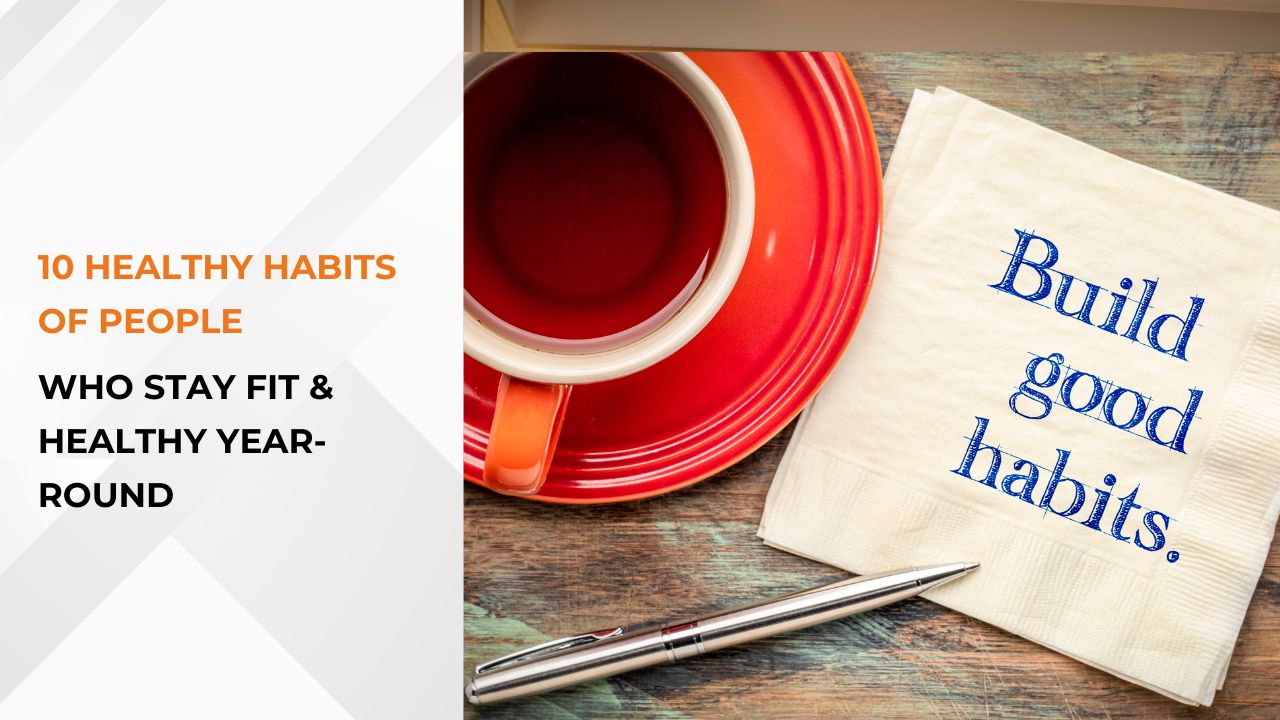The Science Behind Post-Workout Nutrition & Why It Matters

When you finish a workout, whether it’s an intense HIIT session, strength training, or a long cardio run, your body enters a recovery phase. What you eat after a workout is crucial to how well you recover, rebuild muscle, and refuel your energy reserves. This process, known as post-workout nutrition, is backed by science and can significantly affect your fitness progress. In this blog, we’ll dive into the science behind post-workout nutrition and explore why it’s essential to replenish your body properly.
Why Post-Workout Nutrition Matters
During exercise, especially high-intensity or endurance workouts, the body undergoes several physical changes. Muscles break down, glycogen (the stored form of carbohydrates) is depleted, and electrolyte levels drop due to sweat loss. Post-workout nutrition helps the body:
- Repair Muscle Tissue: Exercise, particularly resistance training, causes microscopic tears in muscle fibers. The body uses protein to repair and rebuild these muscles, making them stronger and larger over time.
- Refuel Energy Stores: During exercise, the body primarily relies on glycogen for energy. Replenishing glycogen after a workout ensures you have sufficient energy for the next session or for daily activities.
- Reduce Muscle Soreness and Fatigue: Proper nutrition post-exercise helps reduce delayed-onset muscle soreness (DOMS) and speeds up recovery.
- Support Overall Recovery: The nutrients consumed post-workout promote faster recovery by reducing inflammation, supporting the immune system, and preventing muscle breakdown.
The Three Key Components of Post-Workout Nutrition
To maximize the benefits of post-workout nutrition, three primary macronutrients—protein, carbohydrates, and fats—play a significant role. Let’s look at how each of these helps optimize recovery.
1. Protein: The Building Block of Muscle Repair
After a workout, protein becomes the star player. When muscles are damaged during exercise, the body needs amino acids (the building blocks of protein) to repair and rebuild these tissues. This process is known as muscle protein synthesis. Consuming protein post-workout helps to accelerate this process, allowing muscles to recover faster and grow stronger.

Research suggests that consuming 20-40 grams of high-quality protein within 30 minutes to two hours after exercise is optimal for muscle recovery. Whey protein, due to its fast absorption rate and high amino acid content, is one of the best post-workout protein sources. Other good options include lean meats, fish, eggs, or plant-based proteins like soy or pea protein.
Some benefits of post-workout protein include:
- Faster muscle recovery
- Increased muscle mass
- Reduced muscle breakdown
2. Carbohydrates: Refueling Your Glycogen Stores
Carbohydrates are the body’s primary fuel source during exercise, especially during high-intensity workouts. After training, glycogen stores are significantly depleted, and it’s essential to replenish them to prevent fatigue and maintain energy levels.

The ideal carbohydrate intake post-workout depends on the intensity and duration of the workout. For endurance athletes or those involved in long-duration workouts, the recommendation is around 1-1.5 grams of carbohydrates per kilogram of body weight. Simple carbohydrates (such as those found in fruits, rice, or pasta) are digested quickly and efficiently to refuel glycogen stores.
Carbs also have an indirect role in muscle recovery. By replenishing glycogen, they prevent the body from breaking down muscle tissue for energy. Moreover, combining carbs with protein post-workout enhances insulin secretion, which aids in nutrient transport to the muscles.
3. Fats: To Include or Not to Include?
There’s a common misconception that fats should be avoided in post-workout meals because they might slow down digestion. However, recent studies suggest that moderate fat consumption doesn’t hinder the recovery process. In fact, including healthy fats like those from avocado, nuts, or olive oil can have additional benefits.
Fats provide a sustained source of energy and support overall hormone regulation. While it’s not necessary to consume a lot of fat post-workout, small amounts can complement your meal and offer a balance of nutrients.
The Timing of Post-Workout Nutrition: The Anabolic Window
The concept of the “anabolic window” refers to the idea that there’s a limited time after exercise (usually around 30 minutes) when the body is primed to absorb nutrients. While this time-sensitive window is often debated in fitness circles, recent studies indicate that the timing of nutrient intake may not be as strict as once believed.
It is still beneficial to consume a post-workout meal within two hours of exercise to maximize muscle repair and recovery. However, the exact timing can vary depending on the individual and the intensity of the workout. If you train on an empty stomach (such as in a fasted state), it becomes more critical to eat shortly after exercising.
Ideal Post-Workout Meal Combinations
A balanced post-workout meal should include a mix of protein, carbohydrates, and some healthy fats. Here are a few examples of effective post-workout meals:
- Grilled Chicken with Quinoa and Avocado: A perfect combination of protein, carbs, and healthy fats.
- Greek Yogurt with Mixed Berries and Honey: High in protein and simple carbs to refuel and repair.
- Scrambled Eggs on Whole Grain Toast with a Side of Fruit: A quick and easy option with protein, carbs, and fats.
- Smoothie with Whey Protein, Banana, and Almond Butter: A refreshing and nutrient-dense drink post-exercise.
- Salmon with Sweet Potato and Steamed Vegetables: A nutrient-packed meal for those looking for a heartier option.
The Role of Hydration in Post-Workout Recovery
Alongside macronutrients, proper hydration plays an essential role in recovery. During exercise, the body loses fluids and electrolytes through sweat, and it’s critical to rehydrate post-workout to restore balance. Water is a must, but for intense workouts or long-duration exercises, consider replenishing electrolytes with drinks that contain sodium, potassium, and magnesium.
Electrolyte-rich drinks like coconut water or sports drinks can help maintain fluid balance and prevent dehydration.
Supplements for Enhanced Post-Workout Recovery
Some athletes and fitness enthusiasts turn to supplements to enhance their post-workout nutrition. Here are a few popular options that are backed by science:
- Branched-Chain Amino Acids (BCAAs): BCAAs help reduce muscle soreness and accelerate recovery by promoting protein synthesis.
- Creatine: Known for increasing muscle mass and strength, creatine also helps with faster recovery between workouts.
- Glutamine: This amino acid can help improve muscle recovery, reduce fatigue, and support immune function.
- Electrolyte Supplements: Useful for endurance athletes to replenish lost electrolytes and maintain hydration.
Also Read: Exercise for Better Posture: Fixing Rounded Shoulders
Conclusion
The science behind post-workout nutrition is clear: what you eat after a workout can have a significant impact on your recovery, muscle growth, and overall performance. By focusing on a combination of protein to rebuild muscles, carbohydrates to replenish glycogen, and fats to support energy and hormone balance, you can optimize your post-workout meal for maximum results.
Remember that timing and hydration are also key factors in effective recovery. By planning your post-workout nutrition carefully, you’ll not only recover faster but also see better progress in your fitness journey.

